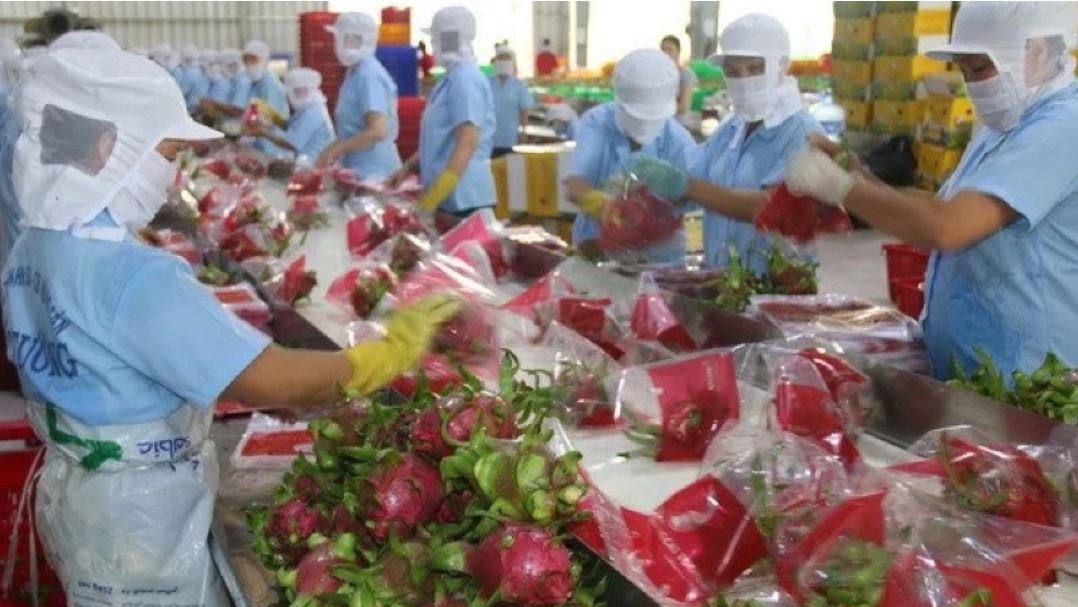According to the Vietnam Trade Office in Belgium, Luxembourg and the EU, the European Commission (EC) has just issued new regulations on quality control of imported agricultural products, with notable adjustments related to some key agricultural products of Vietnam, expected to take effect from the beginning of next year.

Accordingly, on December 18, the EC issued Regulation No. 2024/3153 on reviewing the application of additional inspection measures and emergency measures to manage the import of agricultural products and food from external markets into the European Union (EU) according to Regulation 2019/1793 and made a decision on a number of agricultural products and food originating from Vietnam.
Specifically, the EC decided to increase the inspection frequency for durian from 10% to 20%, while maintaining the inspection regulations in Appendix I. This decision was made because the rate of warnings about pesticide residues in durian shipments exported from Vietnam remained high in recent times.
For dragon fruit, okra and chili, the EU maintains the frequency of border inspections at 30% for dragon fruit and 50% for okra and chili, respectively, and requires these shipments to be accompanied by a food safety certificate and pesticide residue test results (as prescribed in Appendix II).
The reason is that export shipments of these product groups are still warned of violations of the regulations on maximum residue levels (MRL), so the EU still maintains the application of enhanced inspection measures as previously announced.
This regulation takes effect from January 8, 2025.
This is a signal that the EU is tightening measures to control the quality of imported goods, especially agricultural products from non-EU countries, including Vietnam.
To maintain and expand market share in this market, Vietnamese exporting enterprises need to strengthen product quality control, strictly comply with regulations on food safety and pesticide residues, avoid risks of returned goods or high inspection costs.
Domestic authorities and industries also need to strengthen coordination, improve supply chain monitoring capacity and increase technical support for enterprises, and protect Vietnamese agricultural product brands in the international market.
